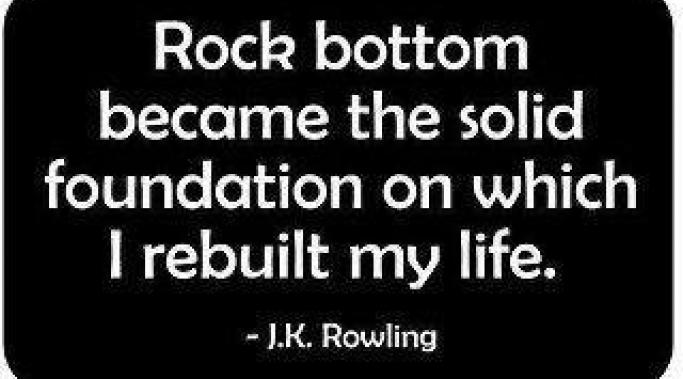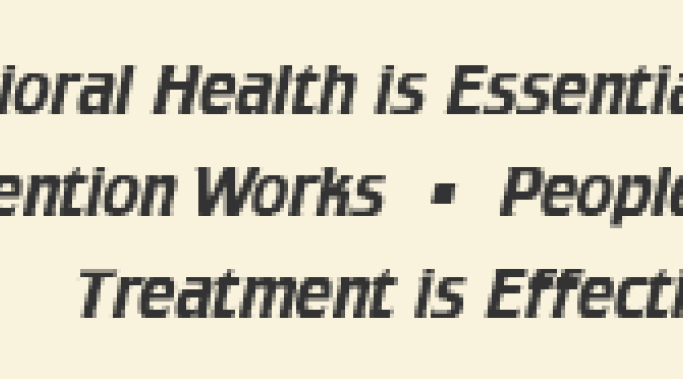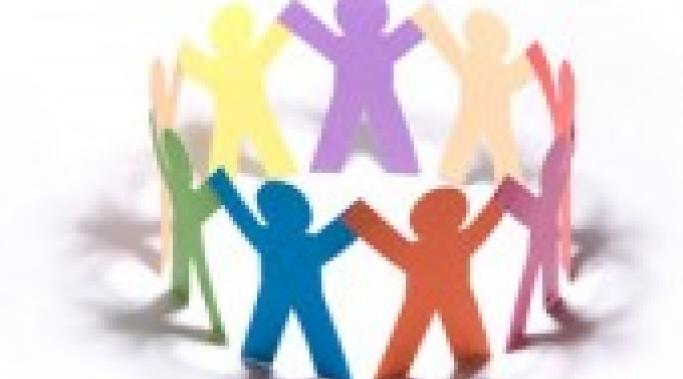The holidays are a time of joy, celebration, family, friendships and spending time together, however throughout the month of December I always am asked for tips, or recommendations to help manage stress and stay present, mindful, healthy and sober. The holidays can be a huge stressor for many; there are parties, gifts to buy, family events, and sometimes it can all be too much.
Debunking Addiction
This concept of “hitting rock bottom” is a common phrase in addiction awareness, intervention, treatment, media, etc. People often have a story of their rock bottom. However what exactly is a rock bottom and how important is it in recovery from an addiction and getting sober?
When in recovery from an addiction, feelings and emotions can often be overwhelming. it is common to want to run from feelings, and numb out from tough emotions. In early recovery and sobriety, it is important to learn healthy coping skills and learn how to feel all feelings, process the emotions, and learn from the experience. Here are 5 ways to approach triggering emotions in sobriety.
I was so honored to hear I had won a Bronze Award for this blog on HealthyPlace from the Web Health Awards for Summer/Fall 2011! I want to extend and share my congrats to Natasha Tracy (Breaking Bipolar Blog) and Randye Kaye (Mental Illness in the Family blog) for awards received as well!
Over the weekend, I received an email about the work of government agencies (specifically the SAMHSA) and new policy initiatives designed to reduce and prevent behavioral health problems.
When I heard the coroner’s report on Amy Winehouse’s death being linked to alcohol poisoning, I wasn’t shocked but I was indeed saddened all over again. Amy Winehouse was, no doubt, abusing and struggled with an addiction to both alcohol and drugs. Considering this, I think it's important to address binge drinking, alcohol poisoning, and how tolerance to alcohol plays a role in being at risk for addiction, as well as a reason for continuing to drink despite consequences.
I am not a fan of the term “drunkorexia” mainly because it is not a medical term, nor a diagnostic category of the DSM. I also worry about the sensationalization of terms that are made up and shared all over the media to gain attention. I do however recognize its ease of being a descriptor, and how people can automatically connect what the struggle is about (The Link Between Substance Abuse and Eating Disorders). Overall, I wish we would see the terms co-existing conditions or co-morbid struggles to help educate the public on co-morbidities and how common they are amongst many mental health issues.
How many people struggle with financial issues in their battle with addiction and in their recovery? I think financial struggles are largely prevalent and not often talked about when you are in recovery/sobriety from an addiction.
When I went into residential addiction treatment, I really enjoyed the variety of experiences, backgrounds, ages, and diversity within the group. It helped me feel that no matter how different we were, we had critical things in common that tied us and made us a small community of support to one another. I have been thinking a lot about the importance of a sense of belonging to a community in recovery and life, as well as the benefits gained within residential treatment that helps long-term recovery success.
How important is it to have motivation in addiction recovery? Addiction recovery is hard, and on rough days, where cravings or urges are high, it is important to separate the disorder's voice from the authentic/wise mind voice. On days where you are struggling in sobriety or mental health recovery, it is crucial to have intentions, motivations and goals to shift the perspective to help you through the struggles. It is important to realize the journey is all about the work, and every moment you are fighting for recovery matters.
Social connections in sobriety are touted by Alcoholics Anonymous (AA) to greatly aid an addict's recovery. But there are requests for more research into not only the benefits of AA's methods, but how those benefits are achieved. Are social connections in sobriety a piece of the answer?









